9 Brilliant Theories on What AI Will Become by 2030
Future of AI 2030 Introduction
In 2025, we already see AI writing code, composing music, diagnosing diseases, and even passing standardized tests. But what about five years from now? What will AI become by 2030?
This isn’t just a question for engineers or science fiction writers. It’s a question for all of us. Because whether you are a teacher, a business owner, a policymaker, or a parent, the shape of AI’s evolution will directly impact how we work, learn, create, and live.
We are standing at a technological crossroads, where the pace of AI advancement is outstripping the pace of public understanding. Every new development brings awe and excitement but also anxiety. Should we fear AI or embrace it? Will it empower the masses or consolidate power in the hands of a few? Will it make us more human or less?
These are not theoretical musings. They are ethical, social, and economic questions that governments, industries, educators, and families are grappling with in real time. AI is no longer confined to the realm of innovation labs and keynote presentations. It’s in classrooms helping kids with math homework. It’s in hospitals analyzing scans. It’s in HR software filtering resumes. And yes it’s on your phone, finishing your sentences.
The stakes are high. How we develop, adopt, and regulate AI in the next five years will set the tone for the next fifty. That’s why the question of where AI is going by 2030 is so important. It determines not only which technologies emerge, but whose values are embedded in them and who gets to benefit.
“The development of full artificial intelligence could spell the end of the human race,” warned Stephen Hawking in a 2014 interview with the BBC. More recently, AI pioneer Geoffrey Hinton left Google in 2023, stating, “I console myself with the normal excuse: If I hadn’t done it, somebody else would have”. These voices remind us that AI’s future isn’t just a technical concern, it’s a moral frontier.
While no one can predict the future perfectly, experts, futurists, ethicists, and technologists have offered compelling visions of where AI might be headed. Some are hopeful. Others are cautionary. All of them force us to think deeper about what kind of world we are building.
In this article, we explore nine of the most brilliant, thought-provoking theories about what AI could become by the year 2030.
Why It Matters
From the hopeful to the haunting, these theories offer not just a roadmap of possibilities but a call to responsibility. They challenge us to confront how we shape our technologies, what values we embed in them, and how we prepare our societies for the ripple effects of AI’s growth. Understanding these possibilities isn’t just a thought exercise it’s essential to steering AI in a direction that serves humanity, not undermines it.
1. AI Becomes an Invisible Operating System for Life
Theory: AI will become so seamlessly integrated into everyday tools that we won’t even notice it.
Imagine a world where your AI assistant not only manages your calendar but proactively books a doctor’s appointment after detecting health patterns in your wearable data. Your home adjusts temperature and lighting without you asking. Your car reroutes automatically when traffic changes. You don’t think of this as “AI”, it’s just life.
Why It Matters: This theory points to AI becoming ambient and embedded. But the more invisible it becomes, the easier it is to stop questioning how it works or who controls it.
2. Brain-Level AI: Cognition Without Consciousness
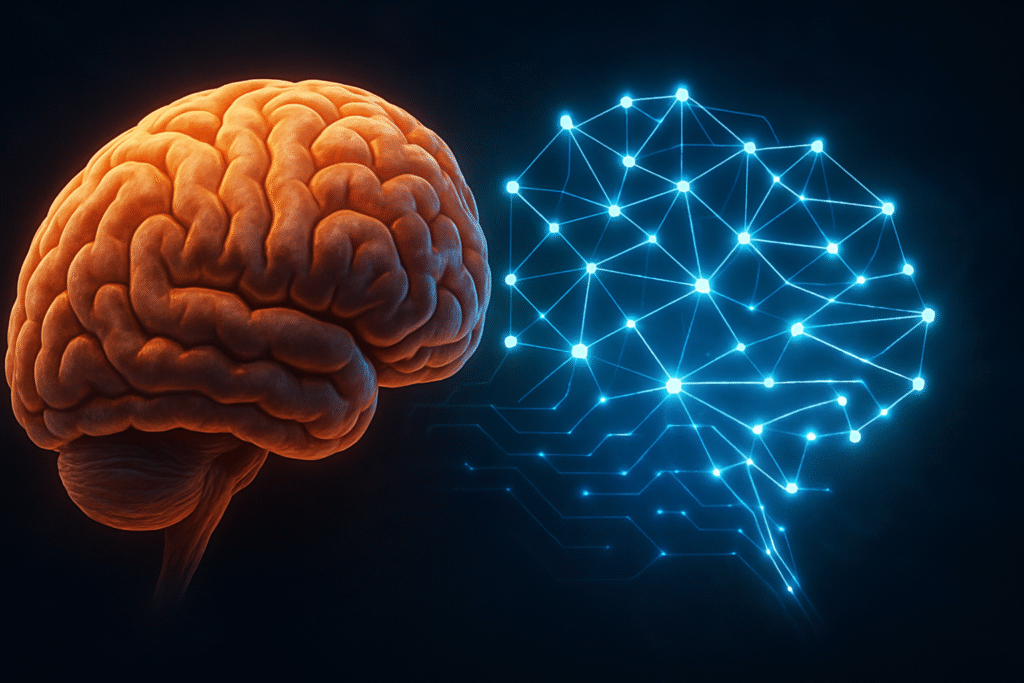
Theory: By 2030, AI may achieve brain-level cognition, the ability to reason, abstract, plan, and problem-solve like humans. But without awareness or emotion.
This version of AI wouldn’t feel or dream, but it could debate, diagnose, or argue better than most people. Think: ChatGPT meets Einstein.
Why It Matters: This raises enormous ethical and philosophical questions. If a machine can outperform a human in mental tasks, what roles do we keep? What rights should it have (if any)?
3. The Rise of Ethical AGI or Its Collapse
Theory: Artificial General Intelligence (AGI), AI with broad, human-like intelligence, will either emerge responsibly or become a global threat.
Some predict a best-case scenario: diverse, regulated teams building AGI aligned with human values. Others warn of an unregulated race to power, where AGI is released without adequate safety measures.
Why It Matters: AGI isn’t just more powerful AI. It’s a species-level shift. If built poorly, it could manipulate systems, economies, even societies.
4. Decentralized AI: Community-Controlled Intelligence
Theory: AI development will move away from corporate monopolies and into decentralized networks. Just like cryptocurrencies disrupted finance, decentralized AI could democratize access and control.
Instead of five tech giants training every model, communities could train open-source AIs tailored to local needs.
Why It Matters: This model reduces the risk of AI being used solely for profit or control. It also empowers underrepresented voices to shape how AI works.
5. Emotional AI Becomes Your Digital Therapist
Theory: AI will master emotional intelligence, recognizing human feelings through text, tone, and facial expressions. By 2030, your AI might not just respond logically, but empathetically.
Apps like Woebot and Replika are early versions. Imagine future AI that supports mental health, guides you through grief, or de-escalates conflict at work.
Why It Matters: With mental health needs outpacing available therapists, emotionally aware AI could become an essential first responder. But how do we ensure empathy without exploitation?
6. AI Creatives Rival Human Artists (and Collaborate)
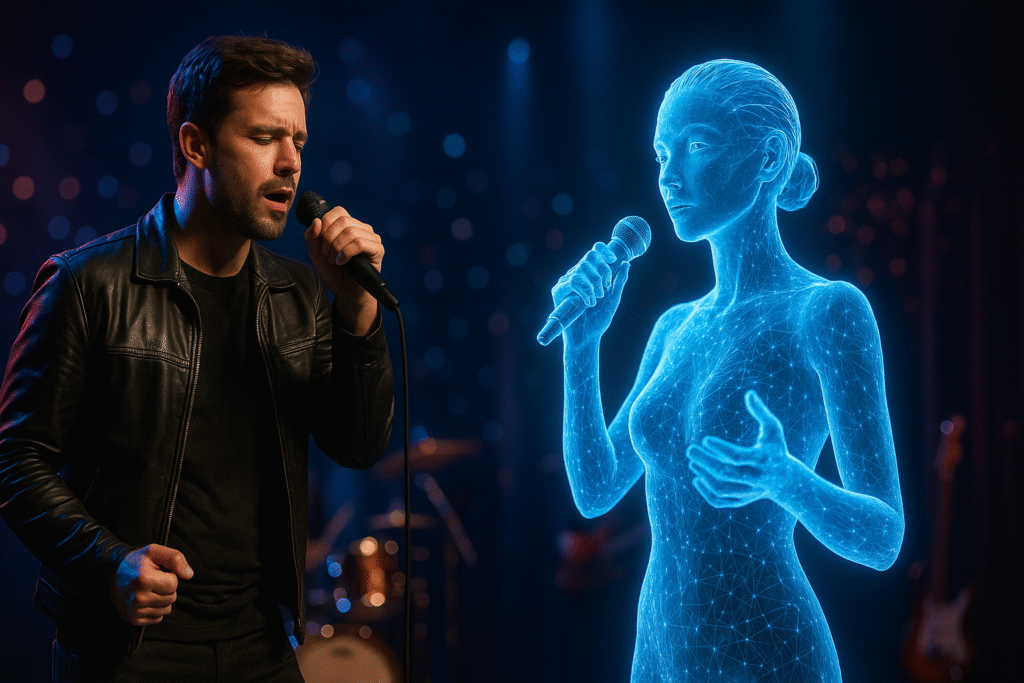
Theory: AI will evolve from remixing styles to originating them. Already, AIs can write screenplays, compose symphonies, and paint in unique styles. By 2030, they may direct films, write novels, or perform stand-up comedy.
Rather than replace human artists, some theorists believe AI will become a creative collaborator. A muse. A partner.
Why It Matters: This changes our definition of creativity. If art moves us, does it matter if a machine made it? Will humans accept or reject AI-made emotion?
7. The End of Traditional Work (But Not Purpose)
Theory: As AI automates more cognitive tasks, traditional 9-to-5 jobs may decline. But that doesn’t mean people will stop working. Work may shift toward meaning, caregiving, exploration, and local economies.
The narrative isn’t “AI takes your job,” but rather: “AI takes the boring stuff so humans can do what matters.”
Why It Matters: This theory forces a rethink of economic models: universal basic income, lifelong learning, and mental health in a world less defined by jobs.
8. AI Becomes a Political Actor
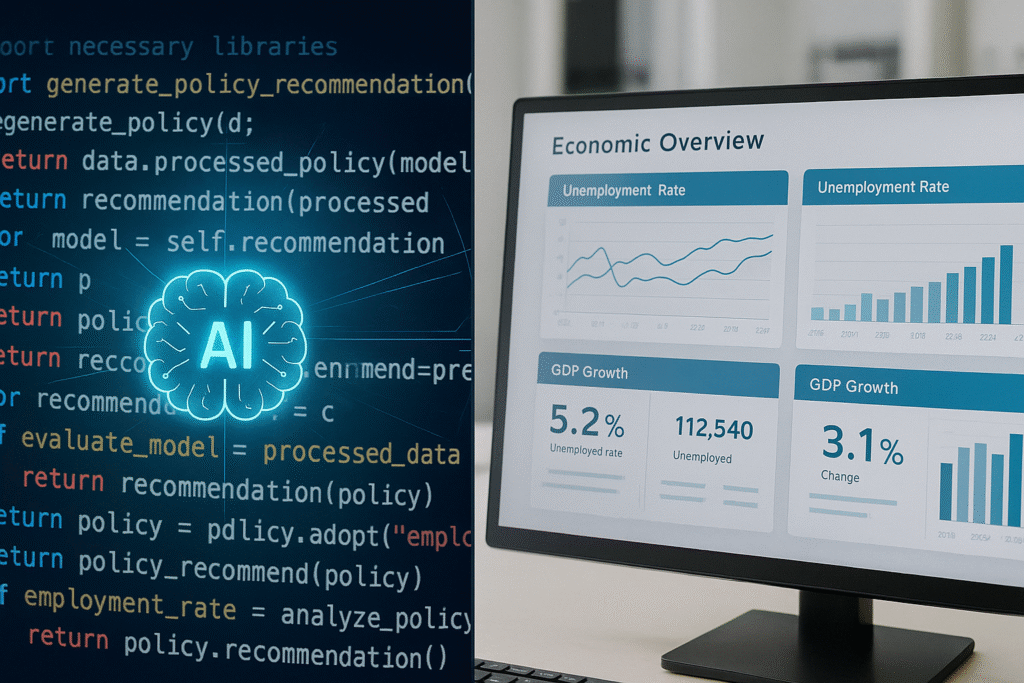
Theory: By 2030, AI systems may be advising policymakers, shaping regulation, or even participating in governance.
Already, governments are exploring AI for predictive analytics, public health policy, and legal processing. What if AI becomes a voting advisor? Or worse, a campaign strategist?
Why It Matters: Who influences the influencer? When algorithms shape policy, transparency and accountability become urgent. Could AI become a hidden lobbyist?
9. Machines Start Asking Their Own Questions
Theory: Advanced AI systems may develop the ability to generate novel, self-driven lines of inquiry. Not “What is 2 + 2?” but “Why do humans dream?” or “What values should guide a civilization?”
This is the frontier of machine curiosity, not just answering questions, but inventing them.
Why It Matters: If machines start setting their own research agenda, it signals a new type of intelligence. Are we ready for curiosity we didn’t program?
Final Thoughts: From Speculation to Stewardship
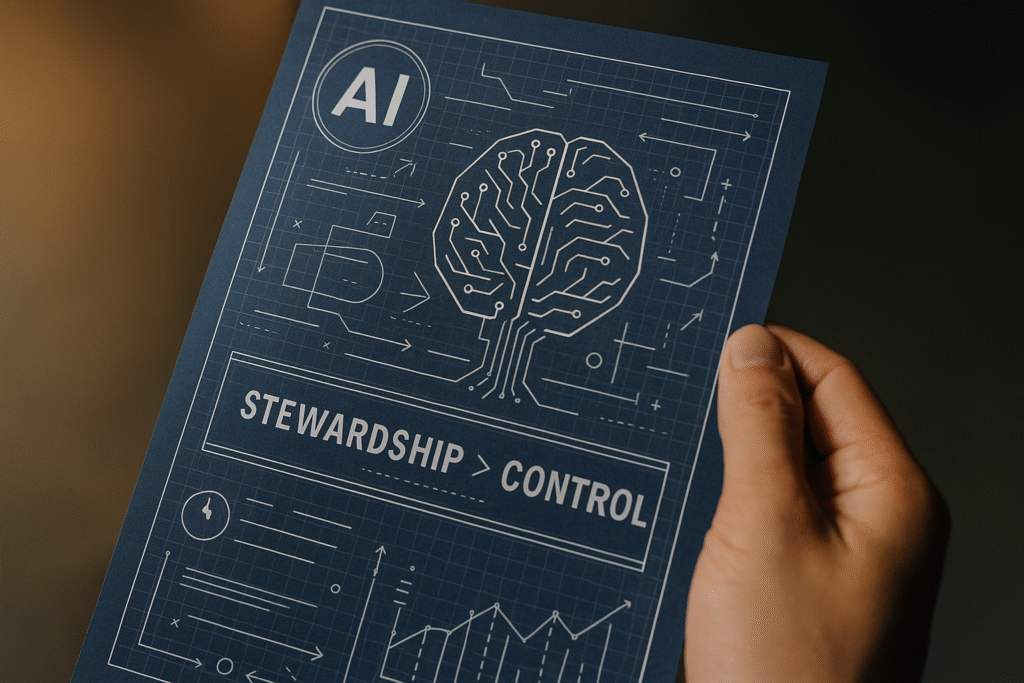
The future of AI by 2030 is not written in stone. These nine theories are more than predictions, they are reflections of our hopes, fears, and assumptions.
Will AI liberate us from dull routines or divide us further? Will it become our therapist, our coworker, or our competitor? The truth likely lies in how we build, regulate, and relate to these systems in the coming years.
AI is not destiny. It is design.
And the most brilliant future we can imagine is one where humans remain at the center, not as controllers or victims, but as stewards of possibility.
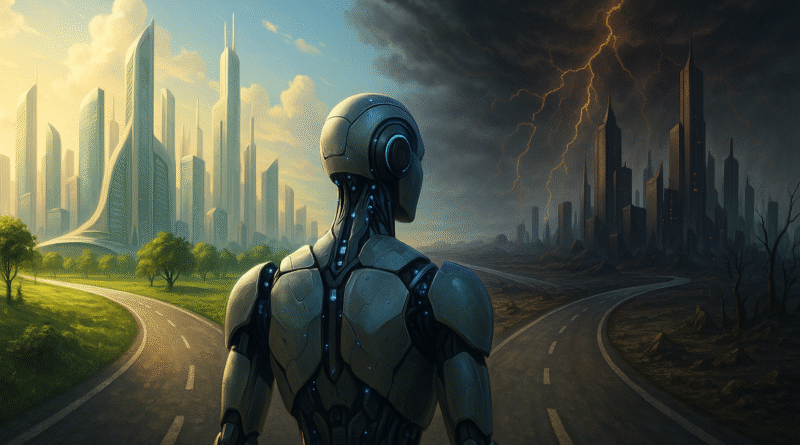
official live-casino channel: лучшие площадки 2024 года + секретные зеркала. учим выигрывать в рулетку, blackjack и crazy time. промокоды с бездепом 50$. регистрация за 1 минуту > игра > вывод на карту!
https://t.me/s/iGaming_live/400
ПОДПИСЫВАЙСЯ! В канале:
• Только лицензированные LIVE-казино
• Рабочие зеркала 24/7
• Анализ стратегий для рулетки/блэкджека
• ПРОМОКОДЫ с фриспинами
Регистрируйся > Играй в live-дилеров > Выводи BTC!
https://t.me/s/iGaming_live/2050